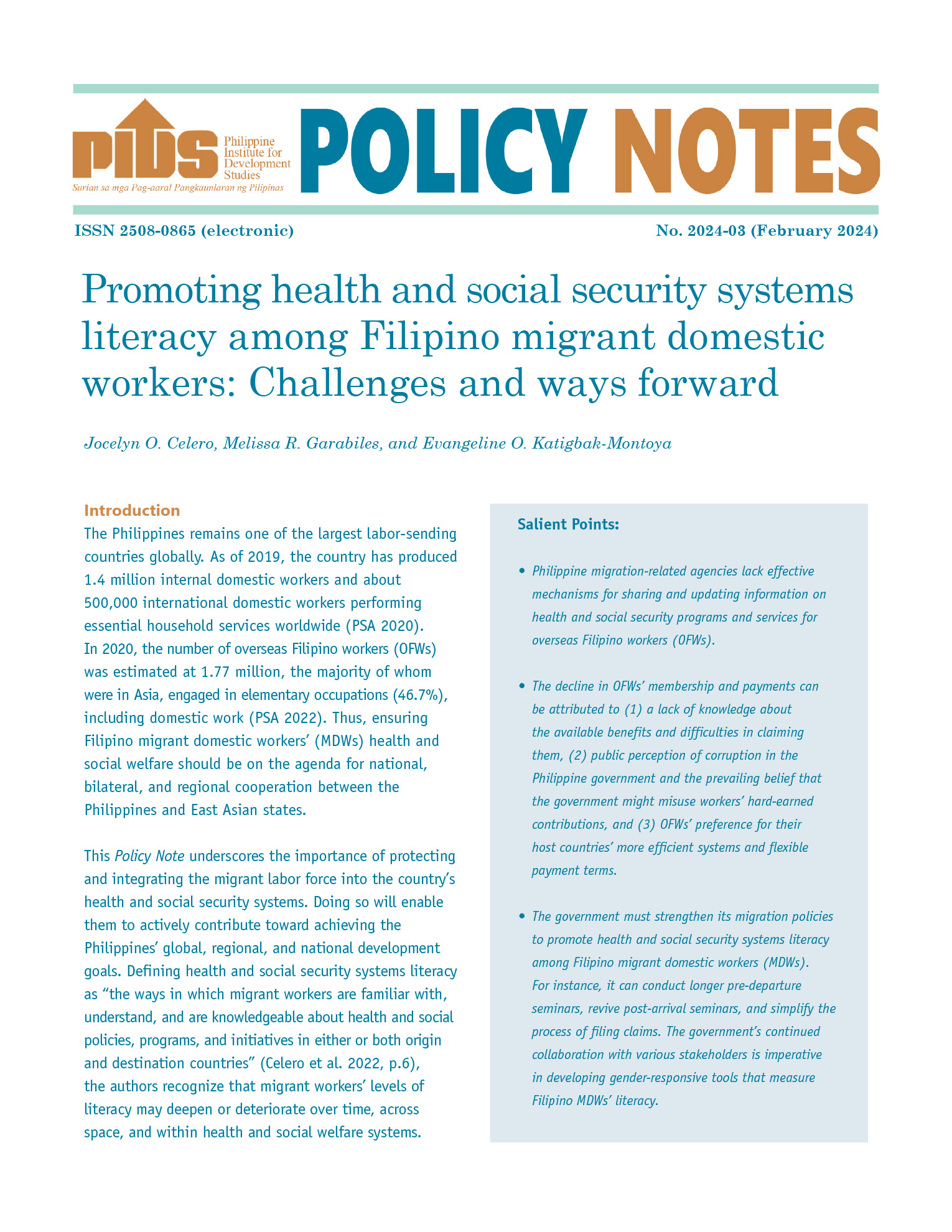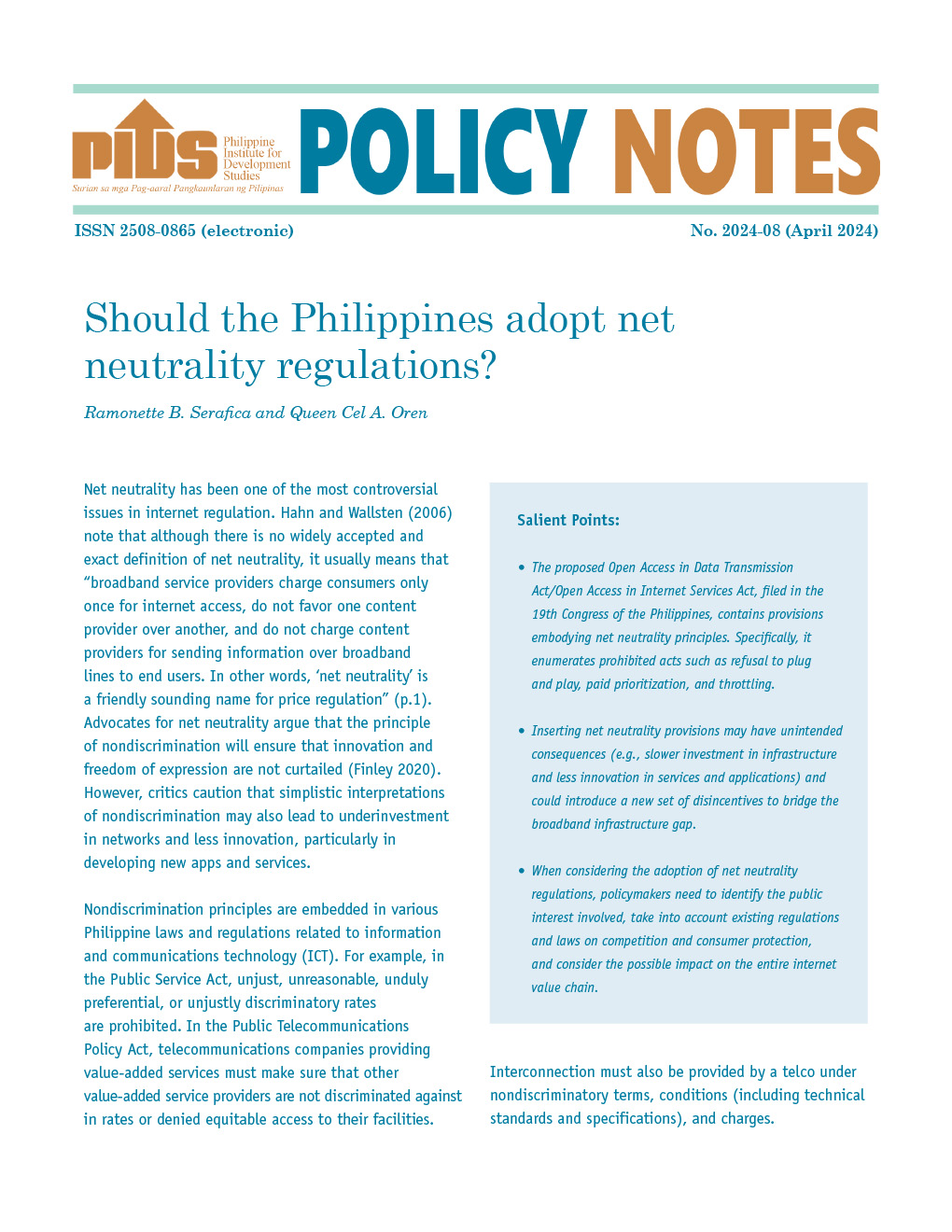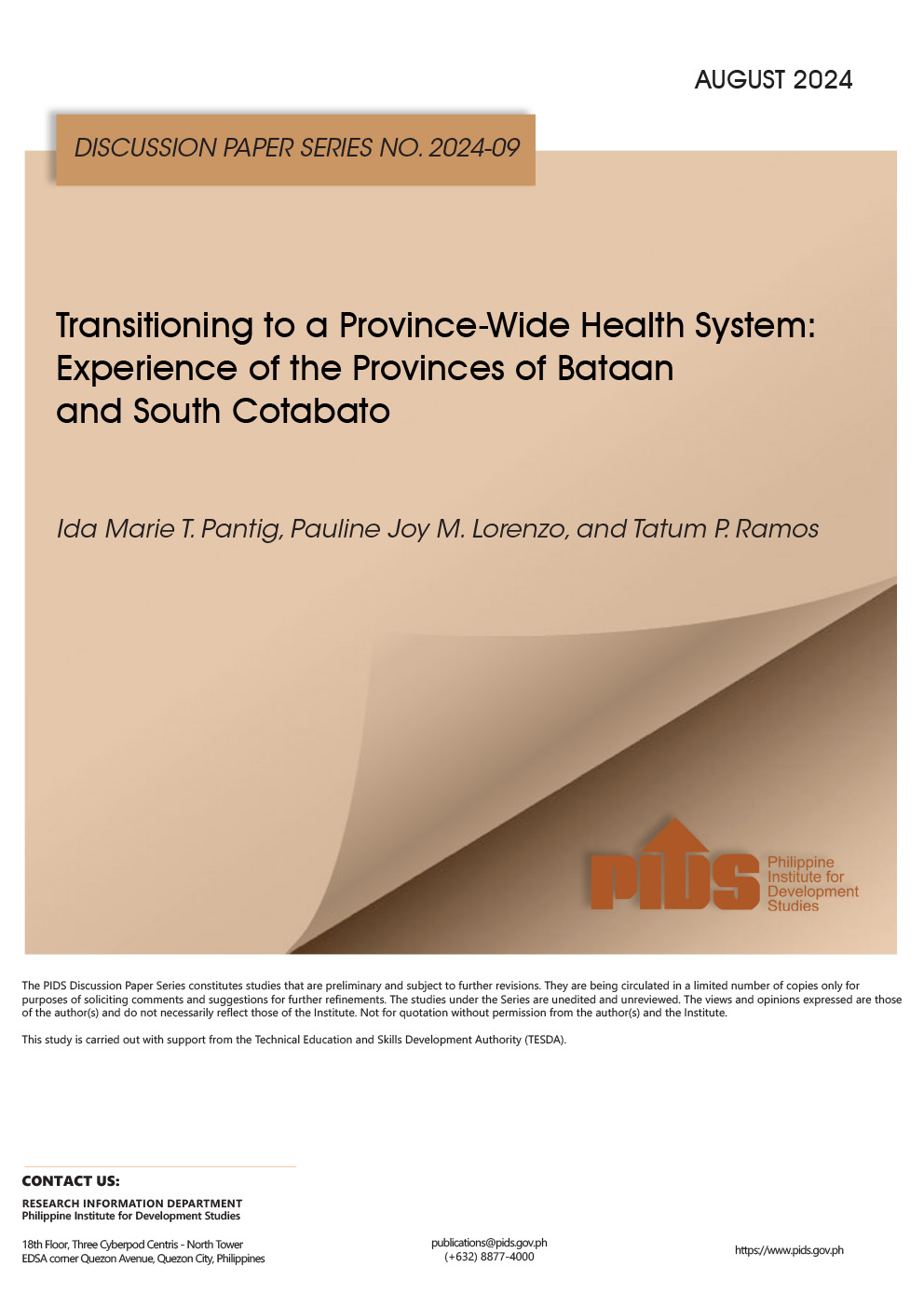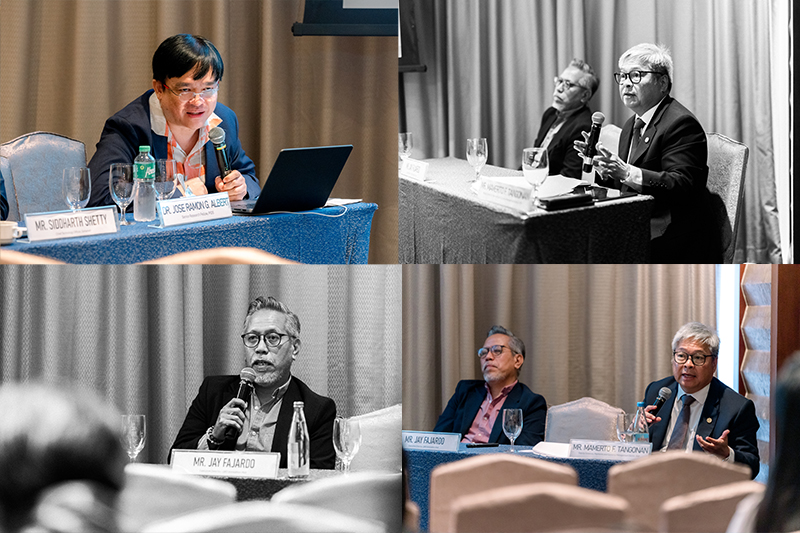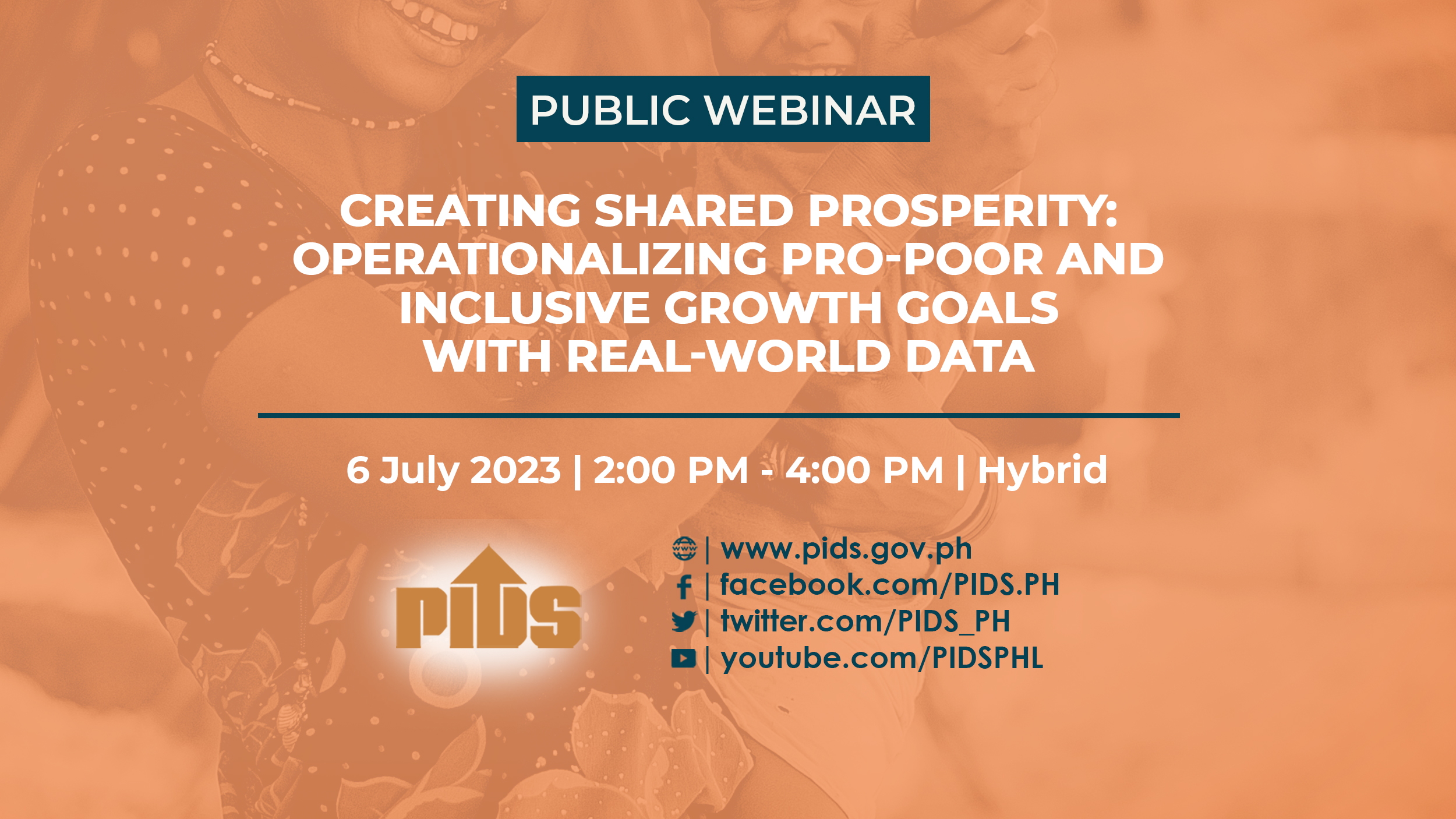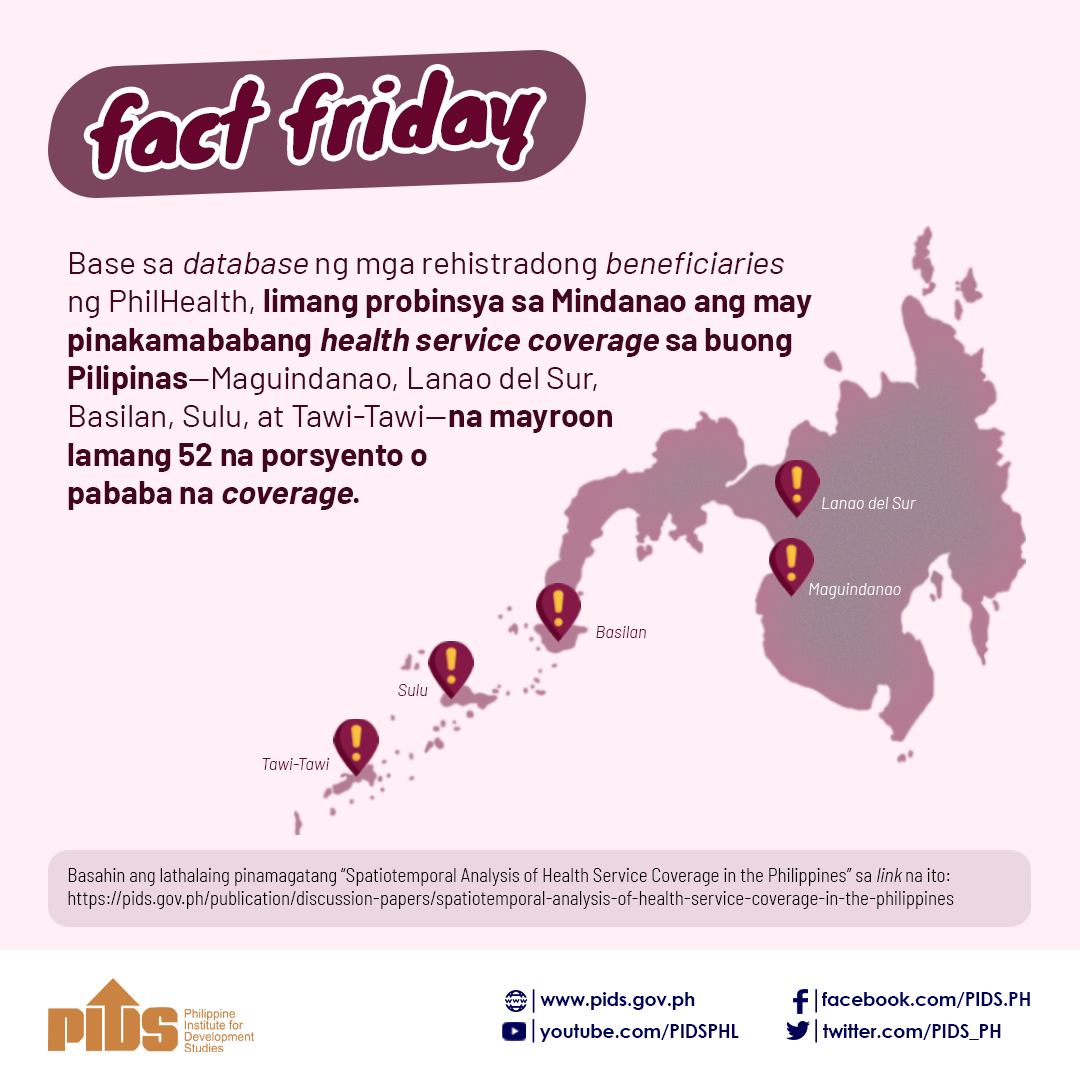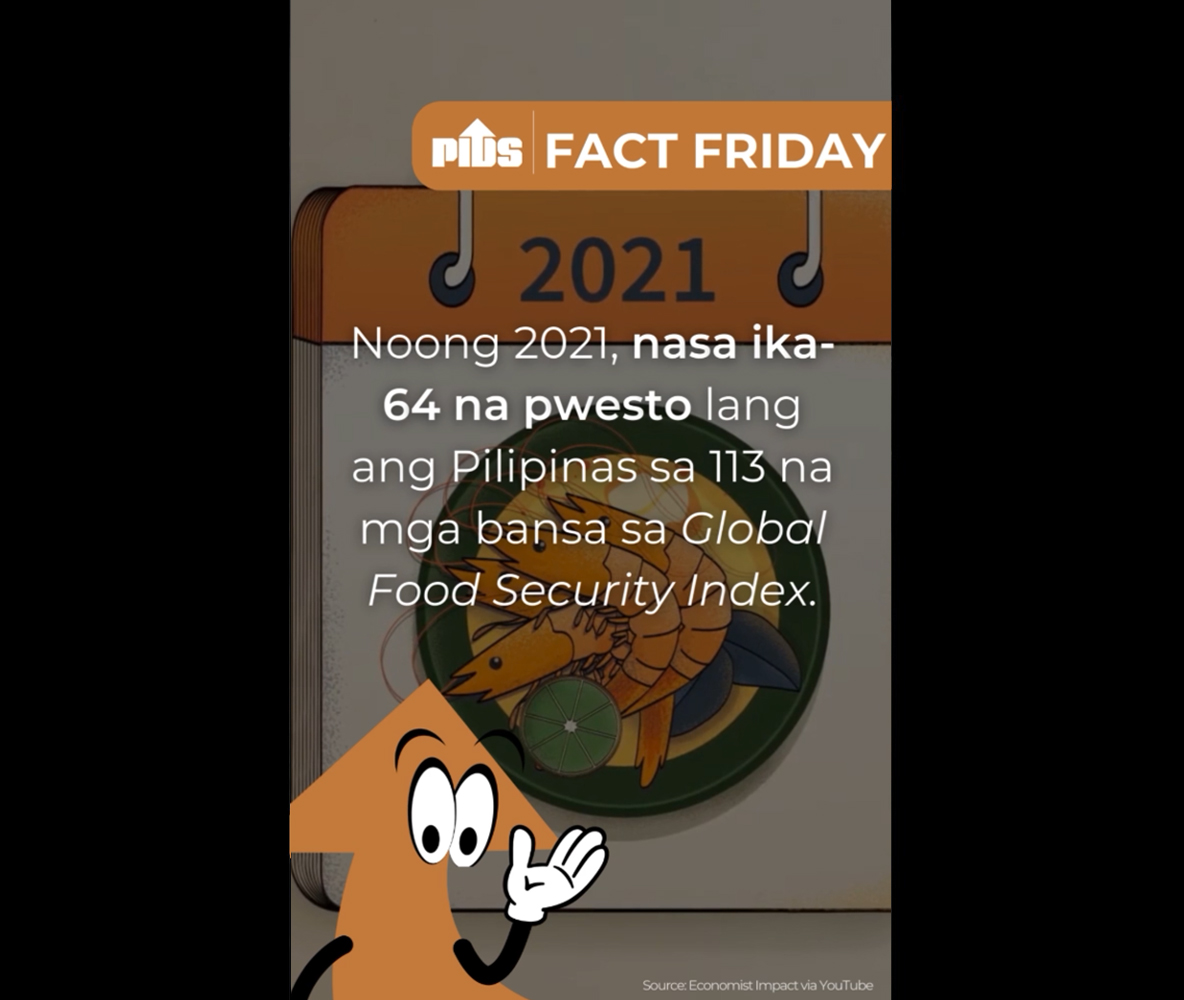MANILA, Philippines — Cash aid distribution to formal workers is going faster than that in the informal sector, a clear benefit of complete records and technology use, although the finance department handling the program still missed its self-imposed deadline to reach targeted beneficiaries.
As of Sunday, a total of 2.7 million displaced small firm employees had been assisted by the Department of Finance (DOF), representing 79.4% of 3.4 million workers the program intended to cover for two months, Finance Assistant Secretary Antonio Lambino said in a Viber message over the weekend.
A total of P20.7 billion of the P50.8 billion allotted for the program had been disbursed.
Payouts are still ongoing, although Lambino declined to say when exactly the first tranche of aid, worth between P5,000 and P8,000 each worker depending on regional location, would be completed. As it is, the DOF already missed its May 15 deadline to finish the first set of disbursements.
It appears erroneous recipient data such as wrong bank account numbers caused the payout delays. “The balance… (is) awaiting confirmation of payout or requiring correction of bank account or cellphone number or other inaccurate data,” Lambino said.
That said, the DOF has so far moved faster than the Department of Social Welfare and Development (DSWD) in distributing assistance to their beneficiaries. In just 18 days, DOF reached the bulk of its recipients and Lambino said the agency has started distributing the second tranche of aid to workers that already got their first. DSWD’s second tranche, meanwhile, had been delayed for more than two weeks now.
Jose Ramon Albert, senior research fellow at state-funded Philippine Institute for Development Studies, said the varying results of the two cash aid programs were to be expected as DSWD’s recipients do not have the same available records as that of DOF’s.
“To be fair, you cannot compare the two since for DSWD, their beneficiaries lacked records. Some do not even have identification which in turn is causing all these delays,” Albert said in a recent phone interview.
“However, I really think we should have harnessed the use of technology to speed up the distribution of aid. That’s something they should have studied,” he added.
Data- and technology-driven
At the onset, DOF already relied on the Internet to gather applications to the program, which gives preference to 2.6 million workers whose tax records are clean. Another 800,000 was supposed to come from delinquent payers.
Around 5 million applications were received through online applications on the Social Security System website, but Lambino said “invalid and duplicate submissions have been removed,” leaving the agency with only 3.02 million qualified beneficiaries so far. Of those, 2.7 million were already paid out.
The balance of around 300,000 from the 3.4 million targeted beneficiaries will come from applicants who initially failed to complete their application, but are now given the chance to rectify them until May 19. Submissions will be assessed before subsidies are distributed.
Payouts are also made digitally either through bank accounts or cashless systems such as PLDT Inc.’s PayMaya, way faster than direct handouts conducted by DSWD. Last week, DSWD unveiled “ReliefAgad” program which aims duplicate DOF’s use of technology, in partnership with PayMaya and Globe Telecom’s GCash.
DOF unveiled its cash program for small firm workers last month after the labor department stopped its own due to lack of funds.
As of Sunday, a total of 2.7 million displaced small firm employees had been assisted by the Department of Finance (DOF), representing 79.4% of 3.4 million workers the program intended to cover for two months, Finance Assistant Secretary Antonio Lambino said in a Viber message over the weekend.
A total of P20.7 billion of the P50.8 billion allotted for the program had been disbursed.
Payouts are still ongoing, although Lambino declined to say when exactly the first tranche of aid, worth between P5,000 and P8,000 each worker depending on regional location, would be completed. As it is, the DOF already missed its May 15 deadline to finish the first set of disbursements.
It appears erroneous recipient data such as wrong bank account numbers caused the payout delays. “The balance… (is) awaiting confirmation of payout or requiring correction of bank account or cellphone number or other inaccurate data,” Lambino said.
That said, the DOF has so far moved faster than the Department of Social Welfare and Development (DSWD) in distributing assistance to their beneficiaries. In just 18 days, DOF reached the bulk of its recipients and Lambino said the agency has started distributing the second tranche of aid to workers that already got their first. DSWD’s second tranche, meanwhile, had been delayed for more than two weeks now.
Jose Ramon Albert, senior research fellow at state-funded Philippine Institute for Development Studies, said the varying results of the two cash aid programs were to be expected as DSWD’s recipients do not have the same available records as that of DOF’s.
“To be fair, you cannot compare the two since for DSWD, their beneficiaries lacked records. Some do not even have identification which in turn is causing all these delays,” Albert said in a recent phone interview.
“However, I really think we should have harnessed the use of technology to speed up the distribution of aid. That’s something they should have studied,” he added.
Data- and technology-driven
At the onset, DOF already relied on the Internet to gather applications to the program, which gives preference to 2.6 million workers whose tax records are clean. Another 800,000 was supposed to come from delinquent payers.
Around 5 million applications were received through online applications on the Social Security System website, but Lambino said “invalid and duplicate submissions have been removed,” leaving the agency with only 3.02 million qualified beneficiaries so far. Of those, 2.7 million were already paid out.
The balance of around 300,000 from the 3.4 million targeted beneficiaries will come from applicants who initially failed to complete their application, but are now given the chance to rectify them until May 19. Submissions will be assessed before subsidies are distributed.
Payouts are also made digitally either through bank accounts or cashless systems such as PLDT Inc.’s PayMaya, way faster than direct handouts conducted by DSWD. Last week, DSWD unveiled “ReliefAgad” program which aims duplicate DOF’s use of technology, in partnership with PayMaya and Globe Telecom’s GCash.
DOF unveiled its cash program for small firm workers last month after the labor department stopped its own due to lack of funds.

